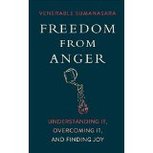 (I was given a free advance copy of this book in return for an honest review by the publisher via NetGalley. The opinions in this review are mine and mine alone.) If I were a character in a novel, undoubtedly my fatal flaw would be anger. For me, the struggle is in finding ways to healthily release my anger. Thus, I take a great deal of interest in exploring new books on anger as I’m always happy to learn more about working with one of my greater challenges in life. It’s an amusing paradox that a book about anger could create a level of frustration, almost anger, in its readers, yet that was my experience while reading Freedom from Anger: Understanding It, Overcoming It, and Finding Joy by Venerable Alubomulle Sumanasara. While I read the first 15% of the work, I assumed this was a self-published book by a young twenty-something atheist Buddhist who was certain he foolishly knew all the answers to the world’s problems. His condescending and omniscient tone was a huge turn off for me. Imagine my surprise upon Googling the author and finding his Japanese Wikipedia page. He’s a 70 year old Buddhist monk whose works have sold over 100 million copies if the awkward translation is correct. To say I was surprised is an understatement. I had to quickly come to terms with the fact that Sumanasara and I have very different belief systems around anger. He presents his system with a moral certitude of being right, yet certainty about being right is something he addresses within the work as an underlying cause of anger. As I continued reading, I was able to think of countless examples where his belief system did not hold up to real world challenges. For example, the author contends that anger and love are opposing emotions. He strongly argues that anger is a choice and that we can refrain from it. However, I have found that love is not a choice. We can fall in love unintentionally (also known as unrequited love), sometimes even in situations where we don’t want to such as with an unavailable person. If love and anger are opposites, then it would stand to reason that anger is not a choice. Just as love is an emotion that we can choose to deal with in different ways, some appropriate and healthy and others far less so, anger is also an emotion that can be both used and misused. The author seems as though he lives in a world of moral absolutes. He believes that everything is worth being happy about in life, and therefore there is no justification for anger. However, I can very easily think of evidence to the contrary. For example, a young child killed in a drive by shooting while innocently walking down the street is not something to be happy about. In Sumanasara’s system, the only other emotion is anger. Is this not a situation when anger instead of happiness is justified? In my belief system and those of many others, anger is not wrong, especially when it brings about positive change. Anger is a natural human emotion that we are meant to feel. In this case, if the anger about the child’s death brings about gun control legislation or increased mental health support in the community, then the anger has served a purpose to motivate and bring positive change. However, if the anger served to fuel revenge and more violence, it would not have created that positive change and the anger would have been problematic. Despite his graduate studies in Buddhism, Sumanasara seems to be lacking in knowledge of basic psychology regarding anger. Sumanasara gives an example about a person getting extremely angry after experiencing failure when making a new recipe. Most American therapists would take that example and offer the suggestion that the anger about the recipe was actually misplaced. When many of us get overly upset about something rather trivial such as a new recipe that is a failure, it’s usually a sign of other repressed emotional issues underneath which we are manifesting in anger when we can no longer repress our frustration. Such an idea seems foreign to Sumanasara. The author also contends that we get angry because we believe we are right. While there are times when this is true, I believe that overall, this concept oversimplifies anger far too much. I believe many of us become angry because we've been raised in a society that models anger and angry behavior. We simply don’t know how to work through our frustrations in other ways. Not all examples of anger can be traced back to a desire to be right. As I read the book, I began thinking of it as Vulcan Buddhism. Perhaps I have been watching too much Star Trek with my kids lately, but Sumanasara seems to function under a belief system where emotions are illogical: He believes that anger can be controlled by logic. However, we are humans, and we are not fully logical. We are also emotional. Our emotions, both positive and negative, are an integral part of our being. Sumanasara thinks that if one takes the position of not having emotions, then one won’t have anger. Yet I read through this work, I kept wondering how many unresolved psychological traumas Sumanasara must be repressing in order to live what he is preaching. Repressing anger only creates toxicity in the body. Even if we don’t want to, oftentimes we need to feel our feelings so that we can process them. Sumanasara also harps on the idea that other people’s anger destroys our happiness. Using his arguments, however, if we were strong individuals who had control of our emotions, then this wouldn't be an issue. We would not let anyone else's anger create anger in us. From my viewpoint, this is statement from someone making himself a victim because he states that he can't be happy when someone else around him is angry. This is not a statement of someone who feels responsible for his own emotions or has them under control as he asserts is fully possible. Once again, I believe the beliefs that Sumanasara is functioning under are contradictory and unhealthy. While translation issues could be at work, I also felt much of the book contained demeaning insults against those whose behavior displeases Sumanasara. He throws out covert attacks as well such as when he proclaims that wise people have no desire to govern. Sumanasara's views come across as blindly fundamentalist beliefs at times. When Sumanasara began discussing using the silent treatment as punishment, he lost my respect completely. First of all, most therapists and life coaches would argue that people need discipline, not punishment. While we all make mistakes, we need to be taught how to change those behaviors or actions that cause ourselves or others harm. Discipline conveys teaching whereas punishment conveys an attitude of humans being inherently evil. Given the negative self-judgment that Samanasara encourages throughout the book with people labeling themselves stupid or failures, this attitude should not be a surprise to me. However, I believe this is far from a healthy system for working with emotions. Second, the silent treatment in itself is an awful way of trying to teach someone. What that person will learn from being given the silent treatment is that the silencing person doesn't care enough about him/her/hir to work together to make a change. The silent treatment is not a good way to make positive change in the world. Once again, Sumanasara is taking a position of ignoring those things which cause him emotional discomfort rather than actually confronting the issues and working through them. Some books that one does not agree with can still teach important lessons; they may contain small bits of useful wisdom. While I tried to view Freedom from Anger as an opportunity to learn from someone with a different viewpoint, I was less than successful. The most positive thing I can say about this book is that it helped me to understand many of the young, arrogant, self-centered atheist Buddhists whom I have encountered on dating websites. I have often questioned how they can hold the views they do while claiming to be Buddhists. Sumanasara’s work gave me insight into the mental workings of these men. After reading Sumanasara’s opinion on using the silent treatment as punishment 45% of the way through the text, I quit reading the book. I was not learning anything useful from the book, and I was becoming more and more disheartened with each passing page. If I hadn't been reviewing the book, I would have stopped long beforehand. Freedom from Anger is definitely not a book that is in line with my healing philosophies nor would I recommend it to a client. © 2015 Elizabeth Galen, Ph.D., Green Heart Guidance, LLC 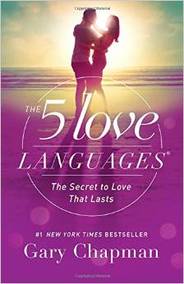
Update 10/25/2019: It's been brought to my attention that Gary Chapman is homophobic and sees LGBTQ+ people as living a "lifestyle" choice. Please know that I in no way endorse those views. I believe all genders and all sexes are natural manifestations of humanity. Despite these horrific views of Chapman, there is validity in his theory of love languages, and love languages can be used and applied in same-sex or other queer relationships.
** When my now ex-husband and I were in marriage counseling trying to save our relationship, one of the very useful concepts our therapist introduced us to was The 5 Love Languages: The Secret to Love That Lasts by Gary Chapman. At that time, I did not read the book because one does not need to actually read the book to take advantage of the basic concepts of the five love languages. However, because the concepts had been so important to understanding what had gone wrong in my former marriage, I felt as though I should read the book; I also wanted to use it for a spiritual singles group I am starting in a few months. Through his years of work as a counselor, Chapman has devised a system of five "love languages" which he has found to be common to all humans regardless of culture. While the dialects that individuals speak may vary within cultures, the five languages remain the same. These five languages are (in the order presented in the book) words of affirmation, quality time, receiving gifts, acts of service, and physical touch. Most of us speak one of these love languages as our primary love language, though occasionally some people are bilingual. The love language we speak is the main way in which we feel loved, or in Chapman's words, it is how we fill our "love tank." Unless we are getting our basic needs for love met, we will not be happy in a relationship. To facilitate the process of discovering our love languages, Chapman provides surveys and other means for readers to determine both their own love languages and the love languages of their partners. For those whose language is words of affirmation, they have a need to hear their partner verbally express praise, love, and desire. Those who desire quality time want their partners to spend free time together talking or doing activities of mutual interest. They want their partners to be truly there for them, disposing of digital devices while they are together in order to focus on each other. Those who speak the language of receiving gifts want their partners to demonstrate love through presents: They may be expensive gifts or homemade cards depending on the individual and the financial situation. For those who desire acts of service, doing chores such as sewing buttons on shirts or vacuuming the house are ways to communicate love. And finally, for those who desire physical touch, they want to feel their partners' hands and bodies touching their own. How they want to be touched will vary widely by each person's individual dialect. With regards to my own relationship, we quickly realized that my then-husband was an acts of service person. He felt that because he was doing the dishes and taking out the trash, he was telling me that he loved me. I had never remotely viewed those acts as ones of love. Instead, I viewed them as getting necessary chores done. For my part, I speak the languages of physical touch and words of affirmation. I felt that by telling my then-husband how I felt about him and by touching him I was showing him love. He did not see it that way. Thus, in the case of my marriage, since I was all but bedbound and no longer able to do acts of service for my husband, he had taken this to mean that I no longer loved him. Since my husband was rarely touching me or talking to me, I had decided he no longer wanted to be near me or love me. Clearly our linguistic differences created a huge hiccup in our relationship. Chapman correctly points out that we often try to meet our lovers' needs through the language we speak and not the language they speak. This is where most relationships falter in his opinion. Instead, what we need to be doing is making a conscious effort to do things for our partners that are spoken in their love languages. In many relationships, rectifying the differences and working to meet our partners' needs in their languages can resolve the problems the couples are facing. However, in the case of my ex-husband and me, there were too many other issues outside of the five love languages also contributing to the issues in our relationship. Just speaking each other’s love languages was not going to solve our issues despite Chapman's belief that solving this crucial issue would help unravel many other problems a couple faces. One of the largest problems with Chapman's theory is that it will not work for relationships involving narcissists. Narcissists are individuals whose own needs far outweigh those of their partners (or so they think). Narcissists only want to make their partners happy if their partners can be happy in ways that primarily meet the narcissists' needs and desires. For example, narcissistic individuals might be willing to take romantic partners to the movie if they express interest in doing so, but the narcissists will only be willing to see movies that they enjoy. The concept of seeing a movie that their partners enjoy and would make their partners happy is incomprehensible to narcissists. This extends far beyond seemingly minor things like movie viewing habits: Narcissists will dictate meal choices, sexual activities, employment decisions, lifestyles, and more. Thus, Chapman's idea that if you give more to your partner, then your partner will then get his/her/hir love tank filled and give more in return is ultimately flawed when it comes to narcissists. In narcissists' worlds, their views and needs are the only ones that matter. The more that a non-narcissistic partner gives to a narcissist, the more the narcissist will demand. Narcissists will make their partners' wishes and desires seem unimportant. In the long run, the only one who will benefit from a system of giving is the narcissist since the narcissist will suck a partner dry long before ever contemplating truly meeting the partner's needs. I also felt a great deal of concern in the chapter towards the end of the book where Chapman helps a devout Christian woman to stay in an abusive relationship (quite possibly with a narcissist) using Biblical injunctions since he felt that was the only way to reach this particular woman. Chapman believes this chapter proves that even an abusive situation can be turned around if the abuser's love tank is full. I feel that it likely demonstrated that an abused person can be brainwashed into believing that having certain needs met justifies the abuse. Despite these major holes in Chapman's book and theory, I still feel that The 5 Love Languages is an excellent book that should be recommended premarital reading for all couples; perhaps its contents should even be taught in high schools so that we begin learning from our earliest romantic relationships that it is important to get our own needs met in a relationship while simultaneously meeting the needs of our partners. Learning the five love languages certainly has changed my view of how I understand relationships, and I believe it can do the same for many others as well. (I've attached a very detailed list of questions I developed from this book that are meant to be used for a group discussion or for personal journaling. Feel free to adapt them for your group's needs.) © 2015 Elizabeth Galen, Ph.D., Green Heart Guidance, LLC
 I spent a significant portion of my childhood and the early part of my adulthood as a Catholic; at one point, my Catholic school classmates believed I was the mostly likely person in our class of 51 to become a nun if not Pope. (I was actually the first to get married, having never entered the convent; two other classmates did enter the convent with one professing final vows.) I also received my master’s degree from Boston College in theology with an emphasis on the history of Christianity. Thus, when issues around Catholicism arise in society, they often intrigue me. One such topic is the popular tradition of giving up something for Lent. In Catholicism and other Christian traditions, the idea behind giving something up for Lent is to make a sacrifice that is in some way a tribute to Jesus having made the ultimate sacrifice of his life to erase the original sin of humanity. In days of old, the Lenten sacrifices were meant to be a form of penance, a way of apologizing to God for one’s sinful nature. Even now, whatever one gives up is meant to be done as a gift to God. Back in the dark ages when I was in high school (also known as the late 1980s), priests would encourage parishioners in their Sunday homilies not to give something up for Lent. Rather, they would push for church members to do something positive instead. They argued that in today’s world, for most middle and upper class church goers, giving up soda for six weeks was not a real sacrifice that in any way made a decent gift to God. On the other hand, if one took the money one saved from not drinking soda and donated it to a homeless shelter or a food bank, that action made the sacrifice more valuable. Many of us who attended Sunday school or Catholic schools were even sent home with paperboard Lenten offering boxes to collect those funds for a specific charity. Likewise, instead of giving up chocolate, the priests encouraged people to make a donation of their time to a non-profit in need or to a community member who could use an extra hand. I am no longer Catholic by any stretch of the imagination, yet it bewilders me when I see non-Christians using Lent as a reason to give something up. I even know atheists, who clearly do not believe in Jesus' sacrifice, who give up food items for Lent. For them, Lent seems to be just a time period between two big parties (Mardi Gras and Easter) that can help them with self-control and dieting. To me, it seems as though all the “cool kids” are doing it, so others jump on the bandwagon to use Lent as a means of moral support while they give up some high caloric item that isn't really good for them. I actually find this disrespectful to Christian traditions and beliefs. Almost no one in our American society would dream of using Ramadan as an excuse for a crash diet or a 30 day juice cleanse, yet co-opting a very holy Christian time period of preparation and spiritual cleansing to use as a time of dieting is seen as socially acceptable. If you are someone who gives up food items or diets in some way for Lent, I strongly encourage you to examine your motivations. Why do you use this time period to give something up? Who benefits from you giving up your favorite treat? How do you use the money that you aren’t spending on those lattes or mochaccinos? Are you co-opting a devout religious time for something that has nothing to do with religion? Does this serve a higher purpose or is it an act of selfishness you are partaking in? Are you doing this act quietly or are you using it to get attention on Facebook or elsewhere? Having grown up with a narcissist who shamelessly sought attention, I've always appreciated the following Bible verses: Beware of practicing your piety before others in order to be seen by them; for then you have no reward from your Father in heaven. So whenever you give alms, do not sound a trumpet before you, as the hypocrites do in the synagogues and in the streets, so that they may be praised by others. Truly I tell you, they have received their reward. But when you give alms, do not let your left hand know what your right hand is doing, so that your alms may be done in secret; and your Father who sees in secret will reward you (Matthew 6:1-4, NRSV). If you choose to do something for Lent as a Christian or non-Christian, I suggest you adapt your “sacrifice” in some way to benefit others. If you are running an extra mile each day in Lent, consider taking along your elderly neighbor’s dog with you, benefiting both the neighbor and the dog. If you are abstaining from a delectable treat during this time period, donate the funds you saved to a charity you support. If possible, also donate your time to a group or individual who could use your assistance. These are ways in which we can give something up while simultaneously helping others and benefiting ourselves.
© 2015 Elizabeth Galen, Ph.D., Green Heart Guidance, LLC  obsidian pendant obsidian pendant When my health and marriage both were very bad many years ago, I began dissociating, or more technically, I began “depersonalizing.” What this feels like is one’s energy or spirit or soul flying out of one’s body and being able to look down on it from above. When this happens, I have no memories for the time when my soul is outside my body. The first time it happened to me as an adult, it really scared me. Ironically, I had no memories of it ever happening before. However, in that moment when I dissociated, something had happened which traumatized me, and so my instinctive response was for my soul to leave my body. After a short while, my soul re-integrated, but I was very freaked out by it each time it happened. Whenever I dissociated, my then-husband's approach was to walk out of the room and leave me alone. That was exactly the wrong thing to do. I was terrified and wanted help, not to be abandoned. After some training, he learned not to run, but being with me during those times was not his instinct. I began talking to my chiropractor about this when it first started happening. He told me that he completely believed me that it was happening, but he also did not think that dissociation was something new for me. That was a strange idea to me since I didn't think I had memories of it happening before. However, because I trusted him, I then went to the marriage therapist my then-husband and I were seeing and asked for some advice because I didn't have an individual therapist to help me at that point. The marriage therapist confirmed what my chiropractor had said: That it was very unlikely that dissociation was something new for me. The marriage therapist stated that not a lot was known about dissociation, but what is known is that dissociation starts at a very young age as a coping technique to deal with trauma. He said it also is more likely to occur among very intelligent people. At that point, I began researching. I found what these men had said to me was true, plus I found a few more helpful bits of information. Suddenly, lights went off in my head. In all my traumatic experiences as a child, I could remember the first part of the trauma, but after that, it was like someone pushed stop on the recorder in my mind. After a certain point, my memories around that event would just black out to nothingness. They’d start back up a while later, sometimes minutes and sometimes hours. Technically, this is known as dissociative amnesia. Dissociating was definitely not something new for me as an adult: It was just something rediscovered in a time when my body and soul were under great stress. When I began seeing my favorite individual therapist a few years ago, I mentioned that I can dissociate to her. I explained that when it happens, it feels like my soul leaves my body. She responded by saying, “It does. It leaves through the crown of your head and stops about 'here' (indicating a place about eighteen inches above her head).” When she showed me that, my instinctive thought was, “Holy shit. She really gets this.” That was the first time anyone I’d spoken to had truly understood what happens during dissociation. Since that time, I've learned how to stop the dissociation. This was a multi-layered process of change. The first and most important part of stopping the process was recognizing the signs of it starting. Once I realized the sensations I feel in my body when I'm about to dissociate, I was able to keep myself grounded in my body. Staying grounded usually begins with firmly planting my feet on the ground and trying to draw on the earth’s energy to stabilize me. I then begin a mantra in my head: “I am safe. My children are safe.” Until I added on the sentence about my children, I wasn't able to make the mantra work for me. Their safety was a huge part of my fear and I had to acknowledge them no matter what the details of the situation were that I was facing. One of the other larger methods of controlling the dissociation was a much deeper and more difficult challenge. This involved learning how to keep myself more grounded all of the time, not just when I was in panic mode. To this end, I wore the same obsidian pendant (shown above) for nine months straight. By the end of those nine months, my energy had shifted completely. I was no longer so flighty feeling, and my skin was more comfortable for me to be in. I was so glad when I no longer needed to wear that necklace all the time, though I occasionally put it on in situations that I know will be stressful because I know the obsidian’s energy is strong and powerful for me. However, the same necklace might not help others who dissociate because we all have different energetic needs when it comes to using crystals. I know many who explore metaphysics intentionally try to have out of body experiences, also known as OBEs. For me, that is a strange idea since I've been able to force my soul out of my body since I was a child, even though it was something I only did in times of trauma. I've had to work hard to stop this terrifying process from happening, yet others seek it out. I've also unintentionally experienced astral projection, though I've had to put a stop to that as well. Leaving my body is not something that serves my soul’s higher purpose at this time. Instead, my challenge in this life has been to stay grounded and to work through the issues I must face on this planet. Because of the work I have done, dissociation is no longer a common issue for me, and I am grateful for that. The only time the instinct might arise for me is when I am processing deep and traumatic wounds that I have stored in my body. However, any time that I do feel fear rising in me, I know how to ground myself and find peace. © 2015 Elizabeth Galen, Ph.D., Green Heart Guidance, LLC 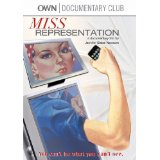 On a recent evening when I was in a great deal of pain, I began watching various movies in my Netflix queue looking for a mindless distraction. The first two movies I tried out were unsatisfactory; I rated them two stars after trying to watch each for 10 minutes. The third film, however, was anything but mindless, yet it sucked me in quickly and held my attention for 89 straight minutes. Miss Representation (2011) is a documentary directed by Jennifer Siebel Newsom who began the project when she found she was pregnant with a daughter. She took a deeper look at the world around her and realized that this was not the world she wanted her daughter raised in. Like Siebel Newsom, raising a daughter made me reexamine the world around me. While I had lost my belief in the tenets of the Catholic faith years before, I was still attending a liberal Catholic Church until my daughter was three. At that time, Austin had an ultra-conservative bishop who was determined to root out all perceived liberalism in the diocese. When the bishop visited parishes, the church leaders were advised to keep women off of the altar: No altar girls, no female lectors, no women cantors or communion distributors. While women are approved to serve in all of those roles by the Vatican, this bishop didn’t want to see women in front of the church. He’s not alone in his views. The Vatican also still asserts that women cannot be priests. Suddenly, I realized that I didn’t want my daughter being raised in a church where she was told that she wasn’t as good as a boy. Wanting a better world for her was what helped me find the courage to leave a church I no longer agreed with. Miss Representation doesn't investigate issues around sex and religion, but it does examine the impact of the media and politics on women. Since I isolate myself from the news quite a great bit because I find it too intense to watch as an empath, I was shocked at some of the practices still happening in our media today. I knew that Hillary Rodham Clinton was disrespected by the media, but I wasn't aware of how many other female politicians faced similar unmerited criticisms based on their sex alone. Likewise, because I tend to seek out movies with strong female leads and characters, I had no idea how many actresses and female directors in Hollywood are still struggling to be seen on the same level as their male peers. Issues like these fill this fast-paced documentary that is packed with facts, video clips, and interviews with experts in many fields. At the end of the film, someone suggests that we need media literacy courses in our high schools to help educate our students about the reality of what our media does. Given how saturated our world is by media and commercialism, I think that's a great idea. I really would love to see Miss Representation as a part of a mandatory high school curriculum, though I am sure many others who look at the world through different lenses would disagree with me. (I've attached a very long list of questions that I generated from Miss Representation that could be used to start discussions in a group or for personal journaling. There are far too many questions to use in one meeting, so please feel free to edit and change as necessary to fit your group’s needs.) © 2015 Elizabeth Galen, Ph.D., Green Heart Guidance, LLC

Amazon offers daily Kindle Deals which greatly discount digital books. One recent deal was Lake News by Barbara Delinsky. The book blurb describes a scandal involving the Catholic Church in Boston, and because of my past history as a Catholic, my time spent in graduate school in Boston, and my academic research on Catholicism, I was intrigued. I decided for $1.99, I didn’t have too much to lose, so I bought the book. I am glad I did as I thoroughly enjoyed the book for reasons I didn’t expect, in part because it dealt intimately with narcissism, a psychological issue that has been very relevant to my life experiences.
Lily Blake, the book’s heroine, is a teacher and a night club singer. She is also friends with the man who is named as the new Cardinal of Boston. A scandal erupts as a malicious journalist concocts a story linking Lily sexually to “Father Fran.” Lily finds herself the object of media fascination as reporters camp outside her building and stalk her movements around town. In the first quarter of the book, I felt my own adrenaline rising and tension building in my body. Delinsky does an amazing job of portraying the stress that the blatant violation of privacy causes to the innocent Lily. With the help of a good friend, Lily escapes to the small New Hampshire town (Lake Henry) where she was raised. There, she begins a personal and professional relationship with John Kipling, a man whose family has an unhealthy connection to Lily’s past. Likewise, Lily must renew her relationships with her toxic mother and her sisters. As she spends time in Lake Henry, the challenges of these relationships and the ongoing battle to regain her dignity and her reputation fill her time. Within the first few pages of the book, I knew that I was going to enjoy this book a lot. Delinsky’s word choices are captivating. She describes the loons that live on Lake Henry in great detail, and while that could be a very dull scenario, Delinsky succeeds in making it a beautiful plot line. The characters she creates are also fleshed out quite well. I had a very clear vision in my head of what all the characters should look like thanks to her descriptive language. The intrigue of the book also kept me turning pages, ever curious to see how events would resolve. However, the book weakened for me toward the end because Delinsky seemed to need “happily ever after” scenarios for most of the various subplot lines. In particular, Delinsky had developed three different characters who are strong narcissists. Their biting emotional abuse was painful for me to read because it was all too familiar, but that pain also spoke to the accuracy of the portrayal. However, unlike in Delinsky’s fictional world, most narcissists do not change radically in a short period of time. Most never change at all. Narcissists view their position as the only correct one, and they are not able to see outside of it. Thus, when two of Delinsky’s three narcissists were able to recognize and admit their mistakes, I wanted to cry “foul.” That’s just not how I felt things would have happened. Aside from my issues around her fantasy resolutions at the end of the book, Delinsky created an enjoyable book in Lake News. It kept me distracted during a day of high pain, and that is a true gift. © 2015 Elizabeth Galen, Ph.D., Green Heart Guidance, LLC 
(As a reminder, I am not a medical doctor or a licensed psychologist. The opinions below are just that: My personal opinions. They do not and should not be construed as official diagnoses.)
As noted in a previous post, for many years now, I have watched The Bachelor(ette). This season (Chris Soules, “Prince Farming”) has included several incidents that have left me frustrated by how they were handled on the show. In particular, I feel as though this season has had two participants who may suffer from mental illness which was handled poorly over the course of show. The first participant was Ashley S., age 24, who was eliminated in week four. From the very first episode, Ashley demonstrated signs of possibly having schizophrenia, though her mental challenges were never talked about as such. Instead, the other participants labeled Ashley as scary, crazy, dangerous, and more. Ashley’s behavior on the zombie hunting date and in her final episode on the show also illustrated her patterns of distracted thinking which was difficult for those outside of her head to understand. In the “Chris [Soules] Tells All” special (and its second part) shown part way through the season, Chris Harrison, the host, showed a small amount of Ashley’s application video where she seems far more stable (or in Chris H.’s awkward words, “incredibly normal.”) Perhaps this was due to editing of her audition tape. Perhaps her behavior changed drastically on the show because the stress of the schedule and the cameras was more than she could handle. Perhaps she chose to stop medications that she’d been on during the audition tape because she didn’t want her housemates (and the rest of the nation) to find out that she took psychiatric medications. Perhaps she was on medications but the amount of alcohol she was consuming interfered with the medications’ ability to function. Perhaps she is someone who can function without medications normally but not when under the influence of alcohol, limited sleep, and high pressure. There are so many potential explanations for why her behavior might have changed between the audition tape and the actual show. Regardless of what the reasons are, Ashley S. was used to boost ratings. Her probable mental illness was ridiculed. Instead of compassion, she faced a lack of understanding and a great deal of judgment. I would hope that ABC was truly unaware of her mental health issues when casting her on the show. However, after the fact, I am disappointed that ABC edited the show in such a way to put an emphasis on how “crazy” she is rather than offering education and explanation for what happened with her. I’m disappointed that so few of the participants vocalized genuine concern for making sure that Ashley got the psychiatric assistance she needed, or if more did, that their concerns were edited out of the final episodes. And then there was Kelsey. As a 28 year old guidance counselor living in Austin, she was the local woman that I was hoping I would get to cheer on. Very quickly, it became evident to me that she would not be one of my favorites. ABC definitely emphasized the traumatically widowed aspect of her history throughout the show. In this first introductory video, Kelsey is unable to talk about the death of her husband, 16 months prior, without tearing up. Any therapist or life coach as well as many non-professionals will say that a person is probably not ready to move on in the dating world if they can’t relate their story of loss without breaking down. (The same could also be said for the other widow this season, Juelia, whose late husband committed suicide when their daughter was seven weeks old.) As the show progressed, Kelsey’s personality became stranger and stranger. The final straw for most people came in the week when she talked about how she “loved her story.” What I’m guessing that Kelsey wanted to convey was that she is a strong woman, and while she deeply misses her late husband, she’s grateful for the growth she’s undergone since his death. She likely wanted to vocalize some version of the popular saying that “what doesn’t kill you makes you stronger.” However, what came out had a completely different meaning. Kelsey has widely claimed, including on her Facebook page, that she was misinterpreted and that ABC framed her to look like a villain. I completely believe that there is editing done on this show (and many others) that leaves out important information and which can make contestants look far worse than they actually are. However, Kelsey’s words were obviously not spliced together when she claimed to love her story. She was quite clear about what she was saying in her monologues. As one begins to explore more about Kelsey through the amazing powers of the internet, her story becomes even more bizarre. In particular, her late husband’s obituary is more about her than him at various points. While one can certainly understand celebrating their love and loss, discussing her graduation after his death seems completely out of place. The repetitious and awkward mentions of their relationship also seem improper for an obituary. While one can argue this was something written during a time of grief, the obituary still seems inappropriate in many ways. In my estimation, I suspect Kelsey has narcissistic personality disorder (NPD), a condition in which the individual is very self-centered and very self-focused. As she demonstrated, her late husband’s death wasn’t about him: It was about her. A narcissistic perspective is not a healthy one, and in its extreme, NPD is a mental illness. I have dealt with many narcissists in my life. They are very difficult people to live and work with. Many others have come to Kelsey’s public defense, but not all narcissists are without friends and family. Some of those around her may truly believe her words of how amazing she is and how wonderful her story is. One local radio announcer, even after all that has come out about Kelsey, still declared that he wanted to date her when she was eliminated from the show right before Valentine’s Day. From my perspective, however, Kelsey is another woman who likely has a mental illness and whose narcissism was used to generate ratings. She even merited her own special segment (and part 2) in the “Chris Tells All” special where her surprise about being controversial (at 1:33) may or may not have been genuine. More likely, she’s a woman who loves being the center of attention and loves the extra time in the spotlight this controversy gave her. She often talks around her issues and has perfect explanations for her actions, even using her famous “big words” to specifically deny her narcissism. Kelsey's dramatic panic attack, whether true or fake, could also be interpreted as a narcissist’s attempt to gain more attention. If Kelsey does have narcissistic personality disorder, then I don’t’ believe ABC should have been using her mental illness to boost ratings. While I often find it hard to sympathize with people who have NPD because of their self-centeredness and their incredible ability to see themselves as innocent victims, NPD is still a mental illness. Those who have it deserve compassion and understanding, not ridicule. Furthermore, mental illness is not being “bonkers” as one bachelorette poorly described one of her mentally ill housemates this season. ABC and The Bachelor’s lack of respect for mental illness this season has been disturbing, especially when it was used as part of the sensationalism for a reality tv show. To me, it not only demonstrates a lack of compassion, but it feels inappropriate and even unethical. I wish that ABC and The Bachelor were doing more to help change our society’s negative views to mental illness rather than compounding the problems. I’m nervous for tonight’s “Women Tell All” special. I hope that Ashely S. in particular is treated with the respect she deserves as a human being facing some difficult challenges. © 2015 Elizabeth Galen, Ph.D., Green Heart Guidance, LLC |
Elizabeth Galen, Ph.D.
Holistic Life Coach and Categories
All
Archives
January 2023
|
||||||||||||
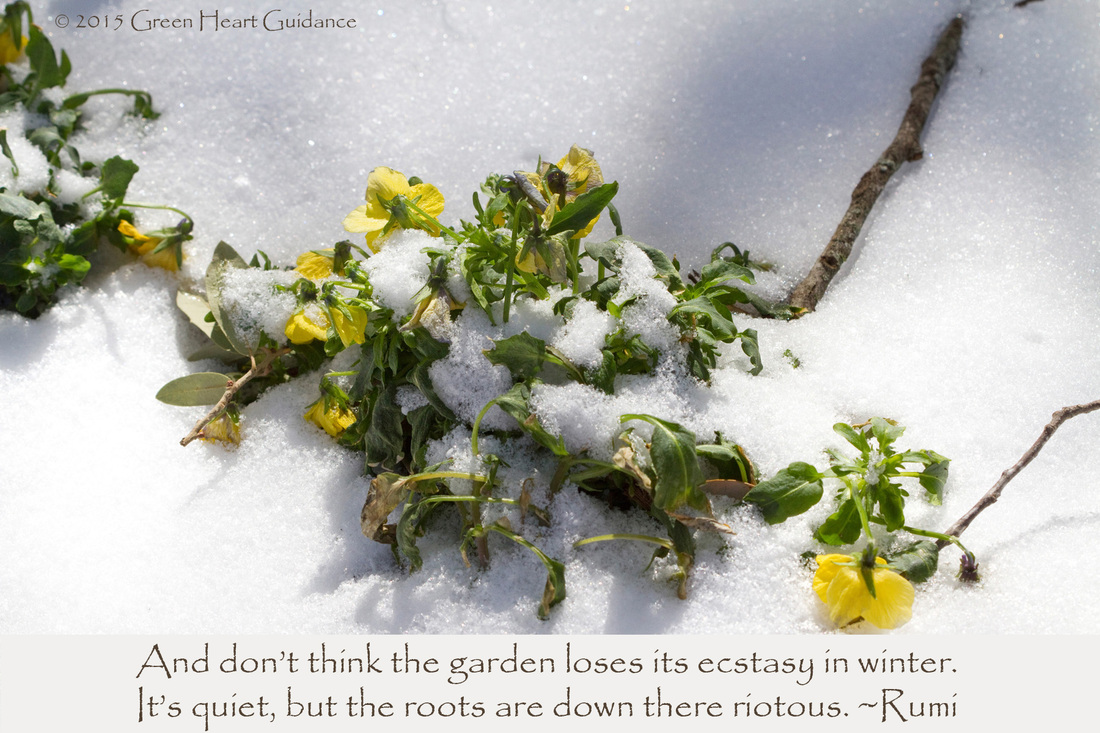
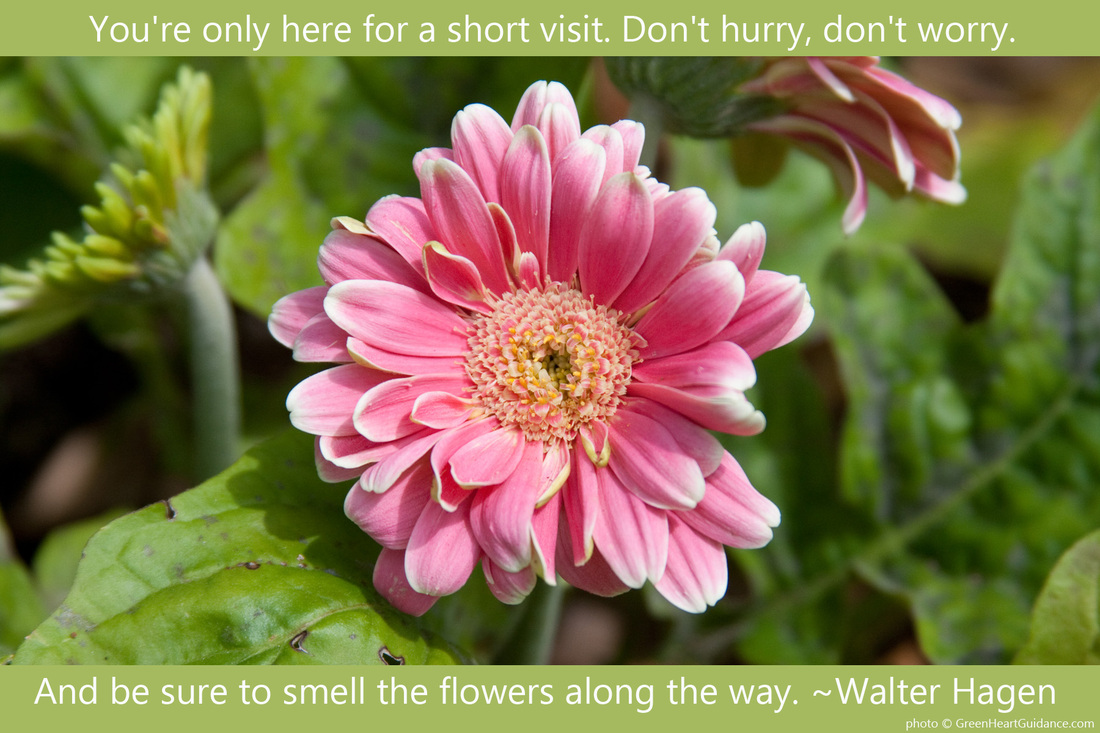
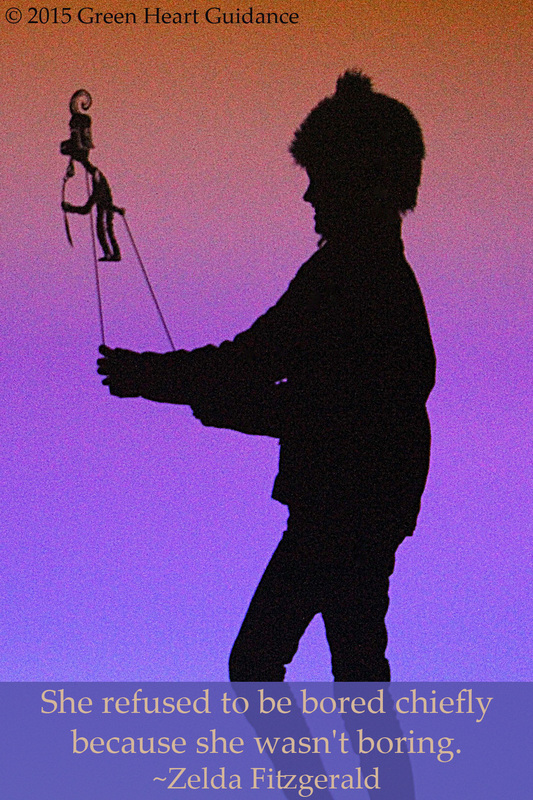
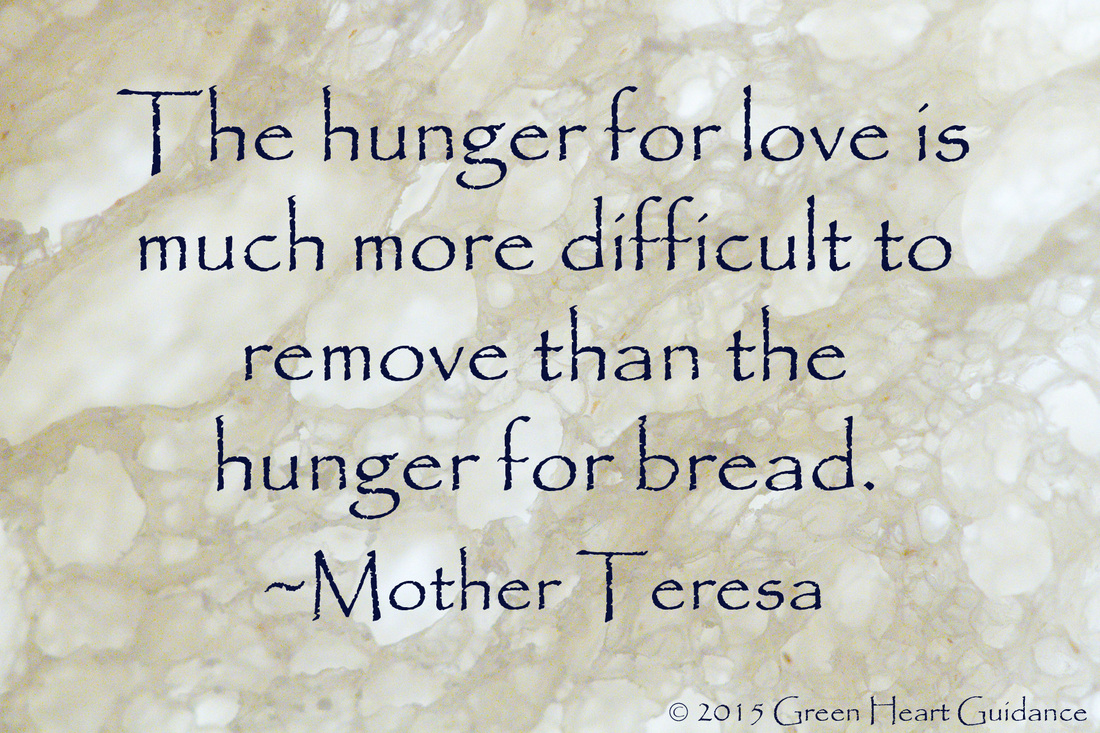


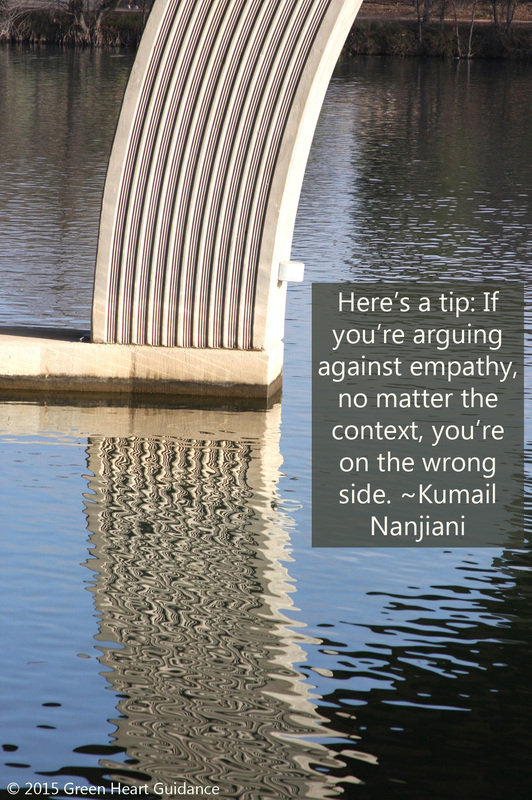

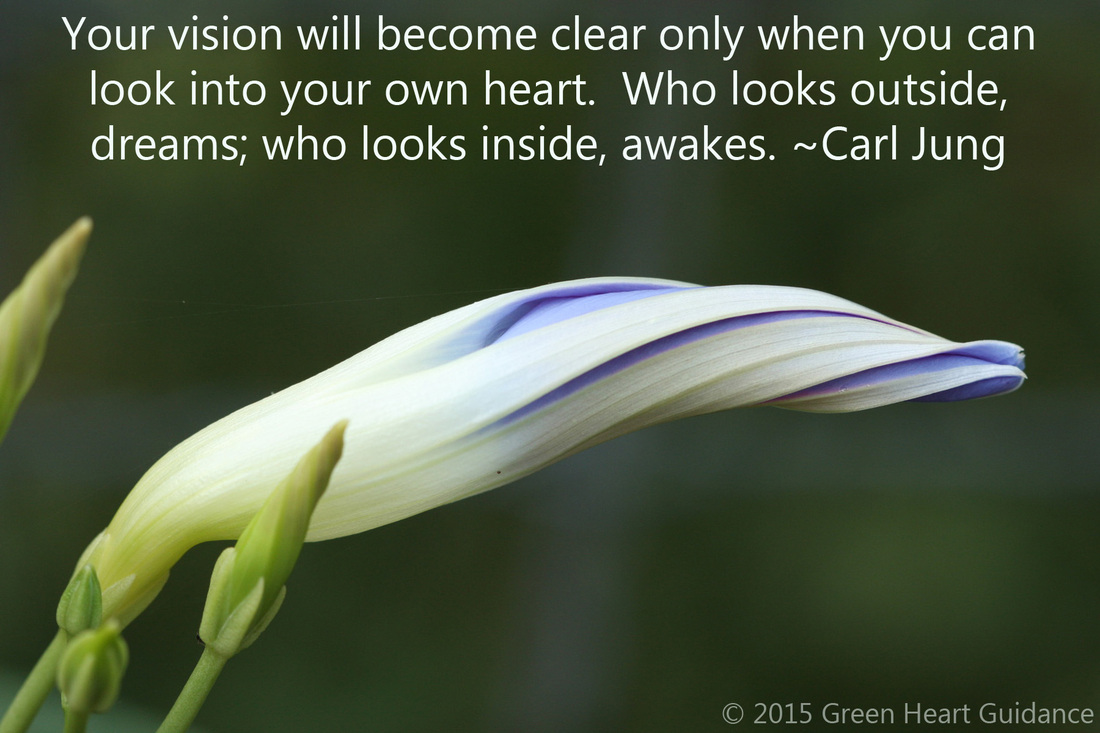
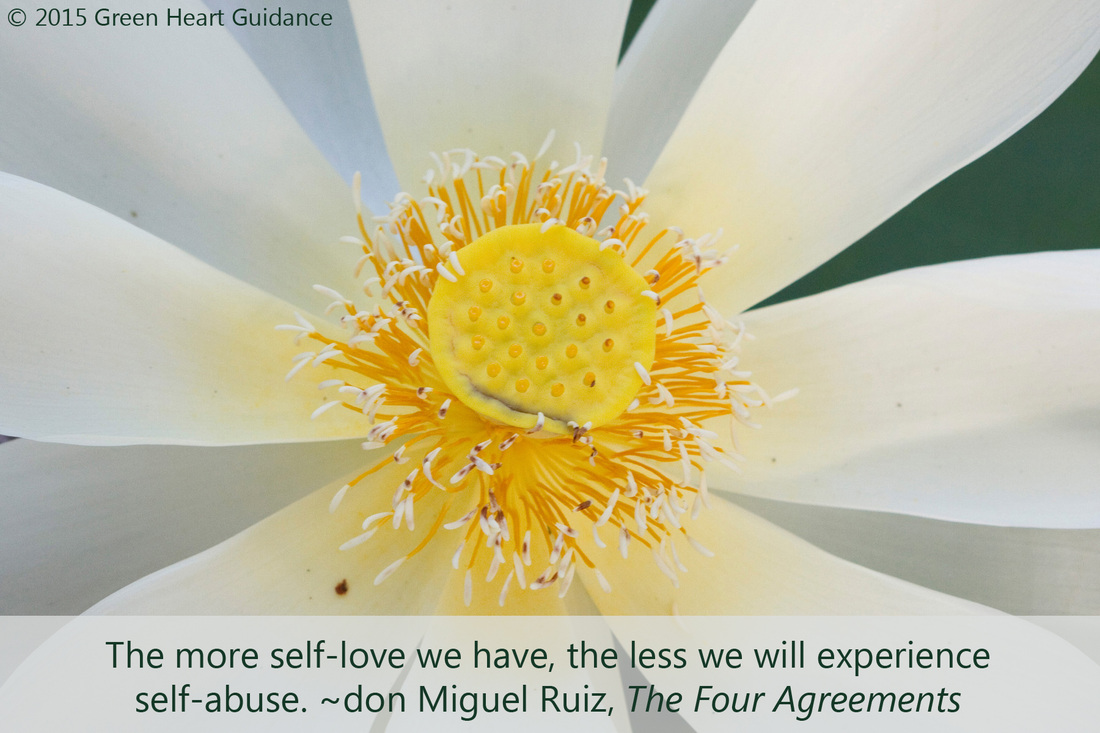

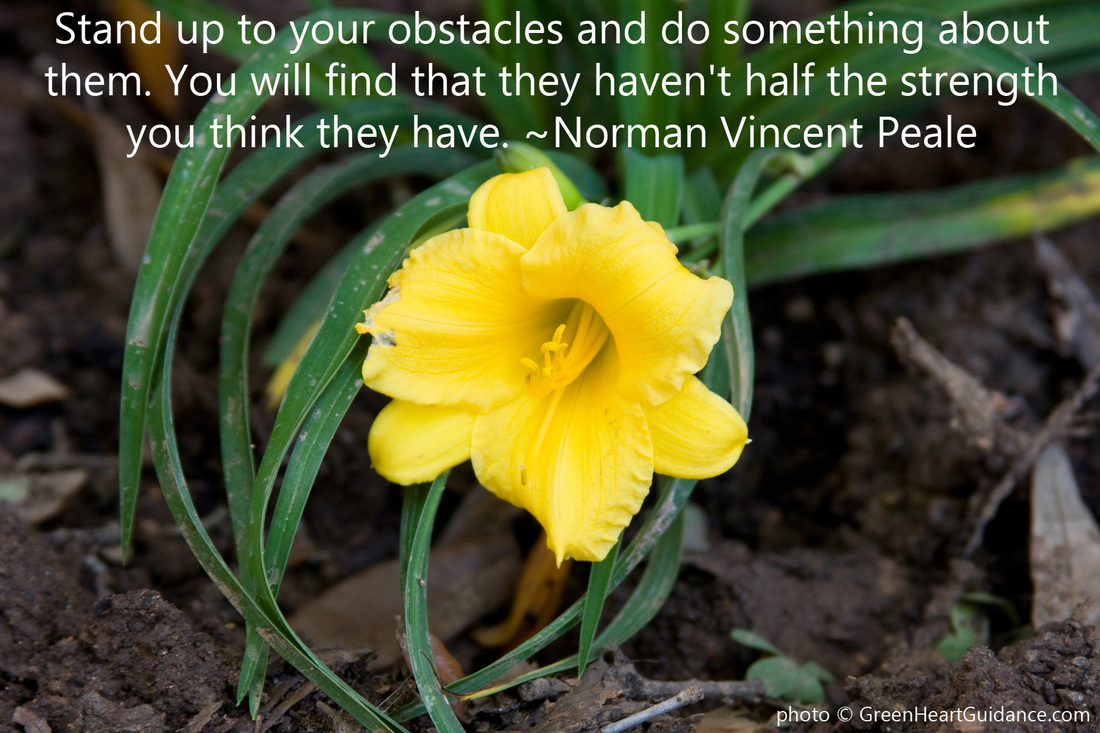
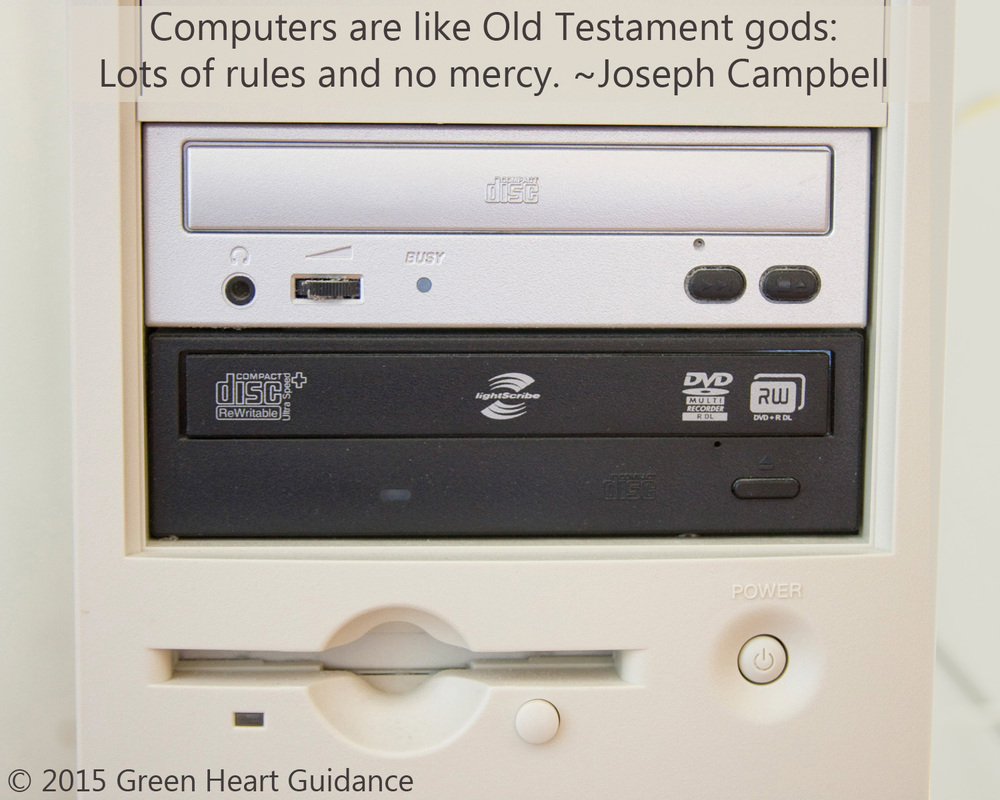

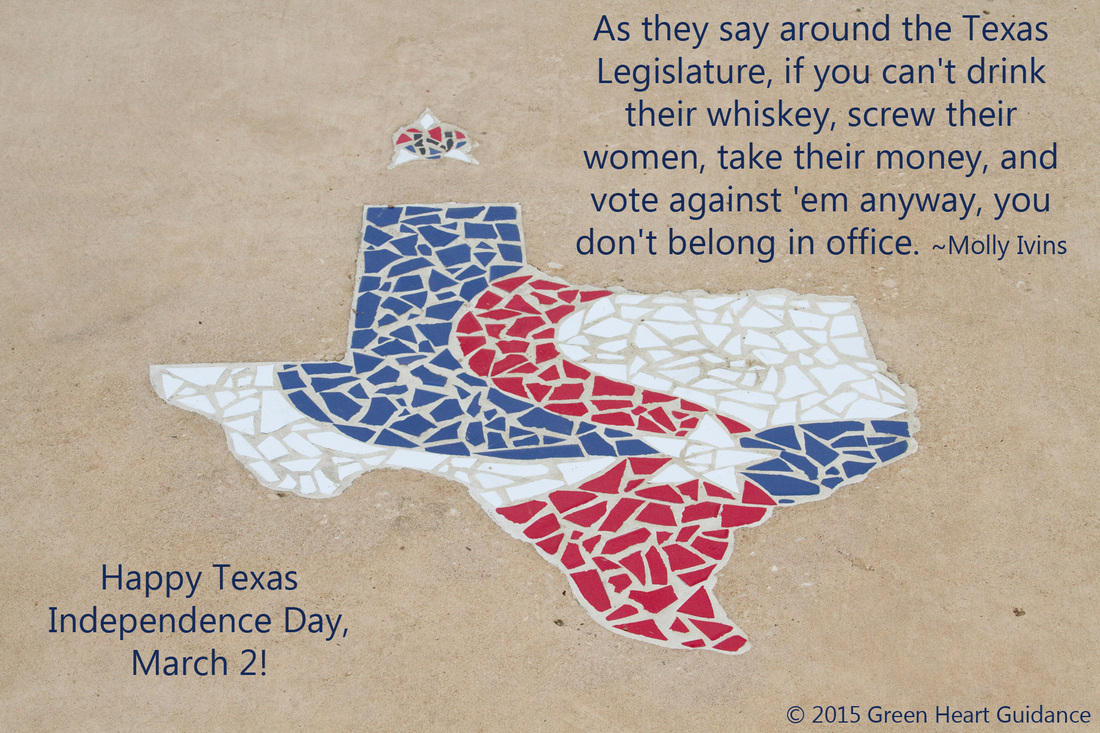
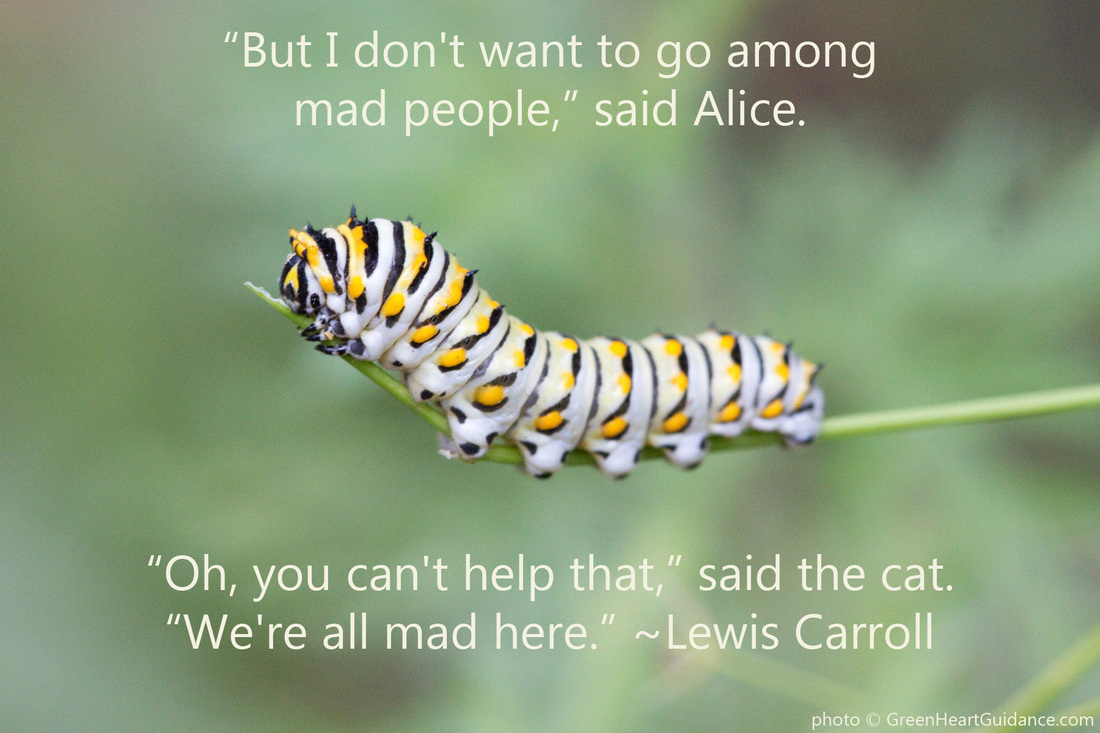
 RSS Feed
RSS Feed